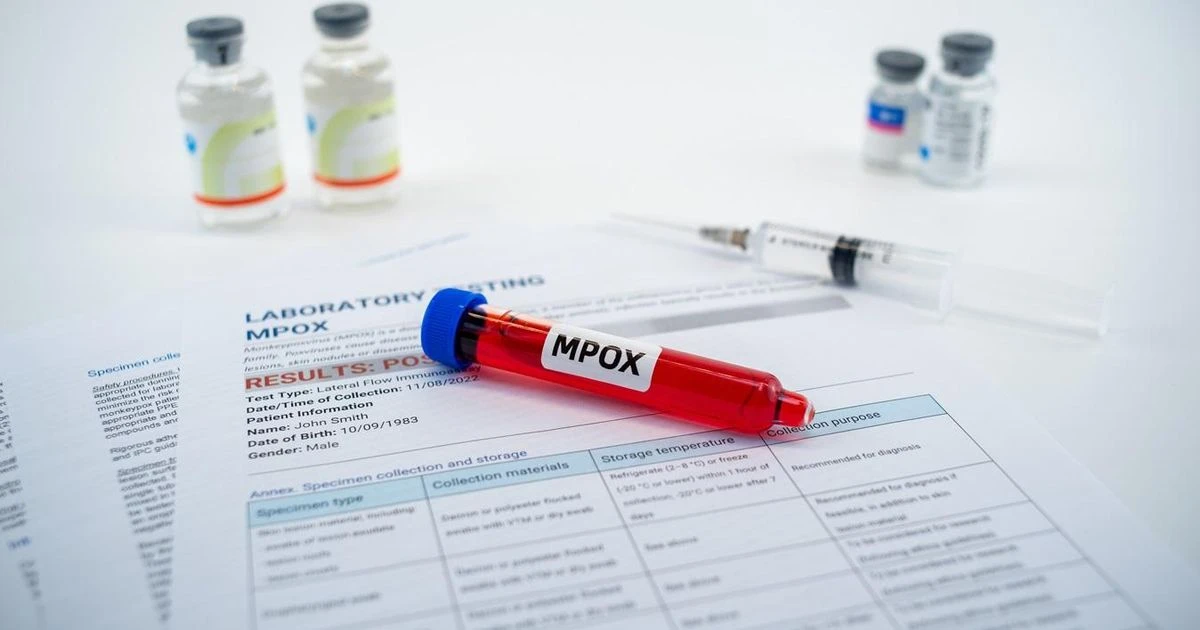The World Health Organization (WHO) has reported a significant rise in Mpox cases, with a total of 2,862 confirmed infections and 17 fatalities across 17 African nations in just six weeks. This alarming trend coincides with the emergence of a new strain known as clade Ib, which has been detected in Europe and the United States. Authorities are urging renewed vigilance as local transmission becomes apparent.
This recent uptick in Mpox cases reflects a growing public health concern. According to WHO data, the majority of the infections have been reported in Africa, where health systems are already strained. The rise in cases is particularly troubling given the ongoing challenges posed by health crises in the region, including access to medical resources and healthcare infrastructure.
Global Spread of Clade Ib Strain
The detection of the clade Ib strain outside Africa marks a critical juncture in the global response to Mpox. Initial reports indicate that this strain may exhibit different transmission dynamics compared to earlier variants. Health experts are closely monitoring its spread in Europe and the United States, where a small number of cases have already been confirmed.
WHO officials emphasize the importance of swift action to contain this new strain. They are recommending enhanced surveillance measures and public health interventions to prevent further outbreaks. In light of these developments, health authorities are encouraging individuals to remain vigilant and adhere to recommended safety protocols to mitigate the risk of transmission.
The emergence of this strain raises questions about the effectiveness of current vaccination strategies and public health responses. The WHO is collaborating with countries to assess the situation and adapt strategies accordingly. This includes increasing awareness about transmission routes and signs of infection, which can help in early detection and management.
Health Implications and Public Response
The implications of rising Mpox cases are multifaceted, impacting not only public health but also socio-economic conditions in affected regions. As the situation evolves, governments and health organizations are mobilizing resources to address the crisis. This includes efforts to educate the public about the disease and promote preventive measures.
In light of the current outbreak, WHO has reiterated the importance of vaccination as a key tool in controlling the spread of Mpox. While vaccines have shown effectiveness against previous strains, the emergence of clade Ib may necessitate a review of current vaccination policies. Ongoing research is critical to understanding the characteristics of this new strain and its potential impact on public health.
As health authorities continue to monitor the situation, the global community is urged to remain informed and proactive in the face of this emerging health threat. The WHO’s call for vigilance serves as a reminder of the interconnected nature of health crises and the need for collaborative efforts to safeguard public health worldwide.
In conclusion, the surge in Mpox cases and the emergence of the clade Ib strain present significant challenges. The WHO’s ongoing efforts to coordinate a global response will play a crucial role in managing this public health concern and minimizing its impact on communities.
